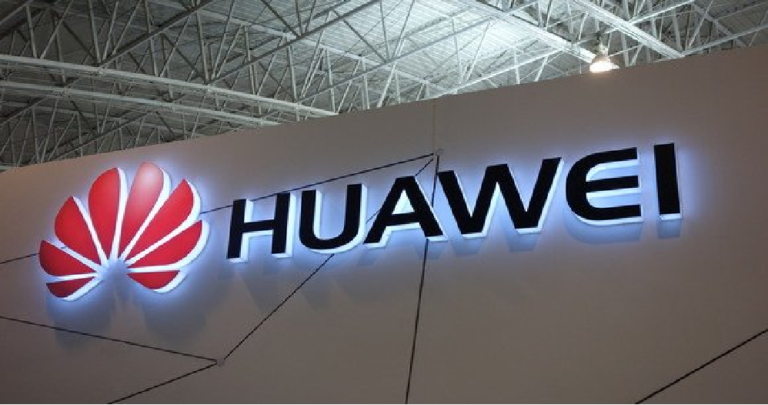
The United Kingdom has joined the list of countries to kick Huawei out of its plan for 5G roll out. Telecom operators in the UK, such as BT and Vodafone have been given until 2027 to rid their 5G equipment of any Huawei component.
The UK government announced this on Tuesday following a series of security questions that have characterized Huawei presence in Europe. The US has been mounting pressure on its allies, including the UK to shun Huawei 5G services. the United States banned Huawei in May from using its software and chips. Digital and Culture Minister Oliver Dowden said the development has created uncertainties that ruined the trust between the government and Huawei.
“Given the uncertainty this creates around Huawei’s supply chain, the UK can no longer be confident it will be able to guarantee the security of future Huawei 5G equipment,” Dowden said.
Register for Tekedia Mini-MBA edition 17 (June 9 – Sept 6, 2025) today for early bird discounts. Do annual for access to Blucera.com.
Tekedia AI in Business Masterclass opens registrations.
Join Tekedia Capital Syndicate and co-invest in great global startups.
Register to become a better CEO or Director with Tekedia CEO & Director Program.
The decision has put the UK on the side of Trump’s administration, and may start a trade conflict between them and China.
In January, London said in a decision that gave Huawei a lifeline in Europe, that the Chinese company would be allowed to operate limited 5G services. The decision however, didn’t go down well with the United States government. Secretary of States Mike Pompeo threatened to stop sharing intelligence with Britain, if it allows Huawei to carry out its 5G roll out.
Since then, the US has applied further sanctions on Huawei, restricting chipmakers in the United States from supplying Huawei with chips, a decision that’s believed to have crippling effects on the embattled company.
The Huawei ordeal which is borne out of China censorship laws has escalated throughout the west. Huawei said the UK’s decision is “bad news for anyone in the UK with a mobile phone.”
Huawei’s spokesperson Eid Brewster added that “it threatens to move Britain into the digital slow lane.” And “regrettably our future in the UK has become politicized; this is about US trade policy and not security,” he said.
Huawei has a 20 years relationship with Britain that has seen the development of 2G, 3G and 4G. Officials are warning that Huawei’s ouster would add significant cost to the 5G infrastructure. The British authorities set the 2027 deadline to curtail the cost of the decision to remove Huawei, as major part of the country’s 5G infrastructure has been developed by Huawei.
Officials said besides the additional cost the 5G roll out will incur without Huawei, it will take two more years, and the 5G wireless must be built on top of existing networks that Huawei was instrumental in constructing to reduce the risk removing its gear would bring upon the security and resilience of the network.
Besides the security concerns that have been at the center of Huawei’s troubles, the US feels intimidated by the influence of the Chinese telecom industry, particularly in the 5G deployment. It is seen as a failure of Western industrial policy.
Huawei’s lead roles in providing towers, masts and critical equipment needed to build wireless networks on the fifth generation technology has come cheaper than that of every other company.
Trump has been calling on US allies to use Sweden’s Ericsson and Finland’s Nokia in their 5G roll out, but they come at higher costs. Moreover, many western countries have other trade interests with China to protect. Germany has a huge automobile market in China that it is seeking to protect by allowing Huawei to lead its 5G roll out.
But the US’ chip and software sanction on Huawei has armstronged many of the Western countries, forcing them to review their decisions on Huawei. The telecom giant’s inability to access chips and software from US producers, including TSMC spells doom.
“Based on the current direct export rule that the US put on, I really think that Huawei’s 5G equipment business is in grave danger,” said Jefferies analyst Edison Lee.
But there is more than that. China’s annexation of Hong Kong has stirred countries to reconsider their view about the South Asian country. Considering freedom of speech and internet freedom which China censorship laws have long stood against, the development in Hong Kong, is believed to be another reason why the UK has chosen to ban Huawei.
It is not clear if there is going to be retaliation from Beijing, what is clear is that the UK’s decision has set a trajectory that other countries who have been sitting on the fence will follow.
It has also opened an opportunity for both Nokia and Ericsson to expand their 5G technology. Nokia said it has the “capacity and expertise to replace all of the Huawei equipment in the Uk’s networks at scales and speed. Arun Bansal, Europe and Latin America president for Ericsson said the company “has the technology, experience and supply chain capacity” to help the United Kingdom reach its 5G goals.



